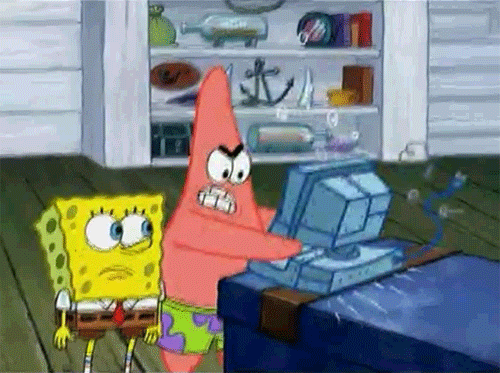Is Raid 1 speed limited to your slowest drive?
-
Topics
-
Idkanythingaboutpcs ·
Posted in Windows1 -
0
-
MayonnaiseHaze ·
Posted in CPUs, Motherboards, and Memory0 -
1
-
2
-
0
-
EzioWar ·
Posted in Power Supplies3 -
foxtrot26187 ·
Posted in Operating Systems0 -
2
-
0
-
-
play_circle_filled

Latest From ShortCircuit:
This wireless router can’t possibly be good… can it? - Minion Routers


.png.255947720031a641abdac78e663b681c.png)












Create an account or sign in to comment
You need to be a member in order to leave a comment
Create an account
Sign up for a new account in our community. It's easy!
Register a new accountSign in
Already have an account? Sign in here.
Sign In Now